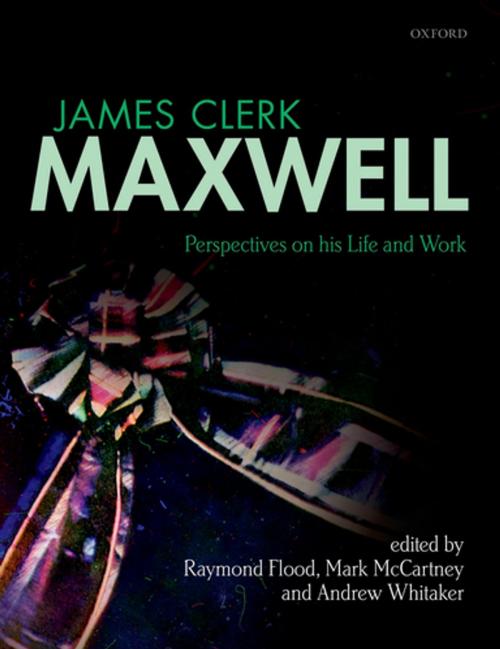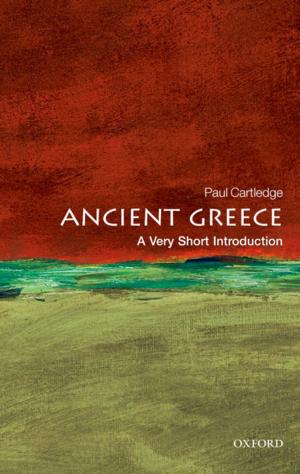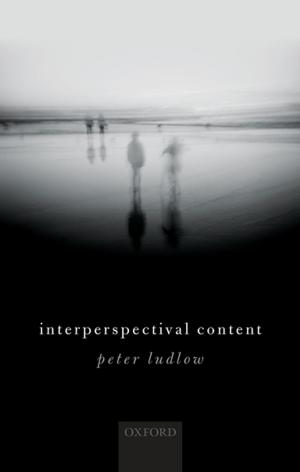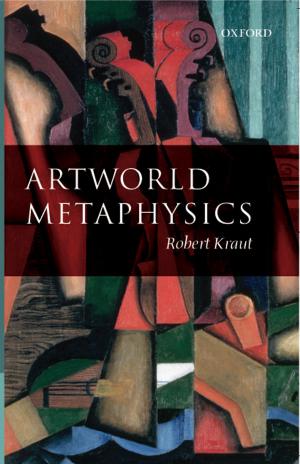James Clerk Maxwell
Perspectives on his Life and Work
Nonfiction, Science & Nature, Mathematics, History, Science| Author: | ISBN: | 9780191641268 | |
| Publisher: | OUP Oxford | Publication: | January 9, 2014 |
| Imprint: | OUP Oxford | Language: | English |
| Author: | |
| ISBN: | 9780191641268 |
| Publisher: | OUP Oxford |
| Publication: | January 9, 2014 |
| Imprint: | OUP Oxford |
| Language: | English |
James Clerk Maxwell (1831-1879) had a relatively brief, but remarkable life, lived in his beloved rural home of Glenlair, and variously in Edinburgh, Aberdeen, London and Cambridge. His scholarship also ranged wide - covering all the major aspects of Victorian natural philosophy. He was one of the most important mathematical physicists of all time, coming only after Newton and Einstein. In scientific terms his immortality is enshrined in electromagnetism and Maxwell's equations, but as this book shows, there was much more to Maxwell than electromagnetism, both in terms of his science and his wider life. Maxwell's life and contributions to science are so rich that they demand the expertise of a range of academics - physicists, mathematicians, and historians of science and literature - to do him justice. The various chapters will enable Maxwell to be seen from a range of perspectives. Chapters 1 to 4 deal with wider aspects of his life in time and place, at Aberdeen, King's College London and the Cavendish Laboratory. Chapters 5 to 12 go on to look in more detail at his wide ranging contributions to science: optics and colour, the dynamics of the rings of Saturn, kinetic theory, thermodynamics, electricity, magnetism and electromagnetism with the concluding chapters on Maxwell's poetry and Christian faith.
James Clerk Maxwell (1831-1879) had a relatively brief, but remarkable life, lived in his beloved rural home of Glenlair, and variously in Edinburgh, Aberdeen, London and Cambridge. His scholarship also ranged wide - covering all the major aspects of Victorian natural philosophy. He was one of the most important mathematical physicists of all time, coming only after Newton and Einstein. In scientific terms his immortality is enshrined in electromagnetism and Maxwell's equations, but as this book shows, there was much more to Maxwell than electromagnetism, both in terms of his science and his wider life. Maxwell's life and contributions to science are so rich that they demand the expertise of a range of academics - physicists, mathematicians, and historians of science and literature - to do him justice. The various chapters will enable Maxwell to be seen from a range of perspectives. Chapters 1 to 4 deal with wider aspects of his life in time and place, at Aberdeen, King's College London and the Cavendish Laboratory. Chapters 5 to 12 go on to look in more detail at his wide ranging contributions to science: optics and colour, the dynamics of the rings of Saturn, kinetic theory, thermodynamics, electricity, magnetism and electromagnetism with the concluding chapters on Maxwell's poetry and Christian faith.















